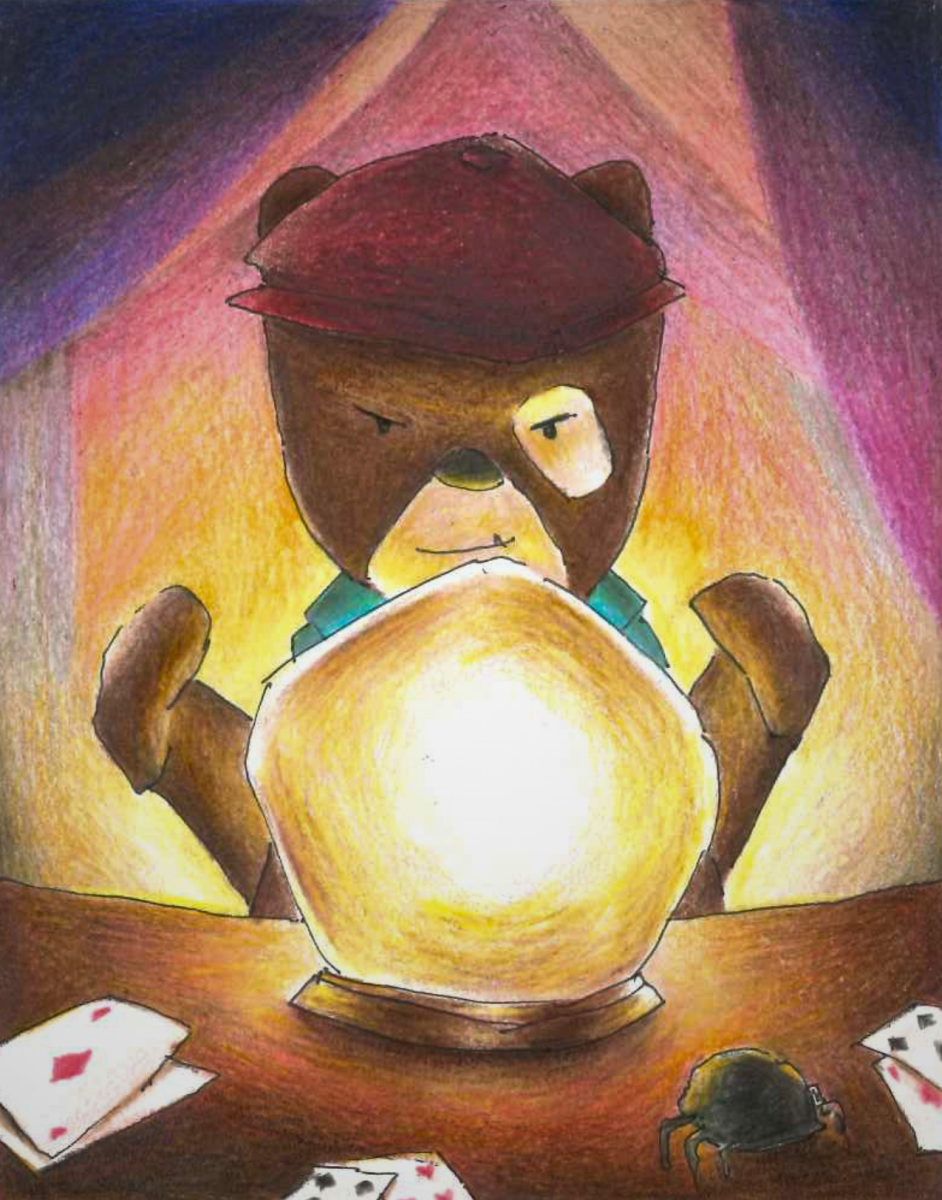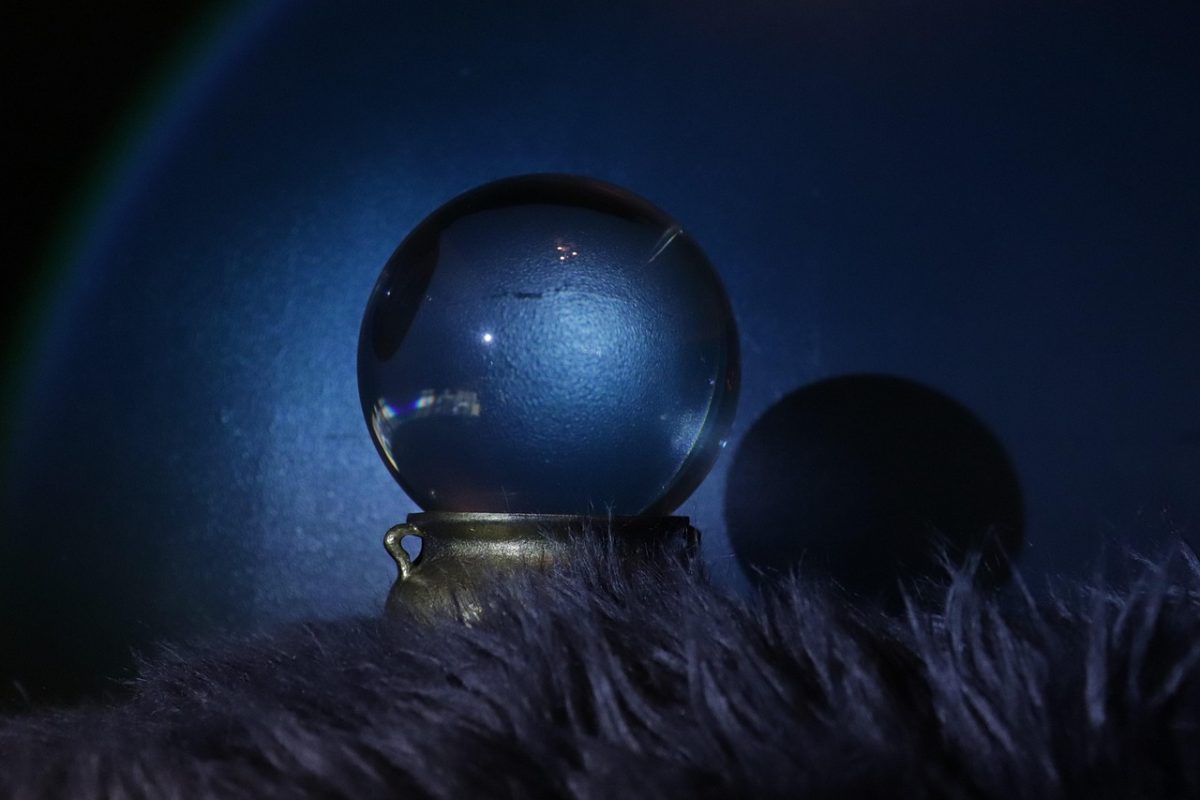By Marissa Wetterau, Sports Editor
It is constantly evident in nature that humans are more intelligent than animals. Depending on your meaning of the word ‘smarter,’ however, this is arguable.
Is intelligence measured in problem solving skills? Communication? Use of complex tools? It’s true that many animals are not nearly as good at problem solving as humans are. You don’t see animals building cities, or flying to the moon, or solving calculus.
One of the best problem-solving animals out there, though, is the Kea Parrot of New Zealand. These parrots can work together on solving logistical issues to get food, or even just to keep themselves occupied. This cooperation is seen rarely in the animal world, rare even among chimpanzees.
Also, animals don’t “talk” with each other, not in the way that humans do, so that can lead us to think that animals must not be intelligent. Their communication systems generally are that of far simpler impressions such as growls, chirps, barks, hisses, bodily movements, etc.
However, animals do have a much more complex capacity for communication that we often give them credit for—just think about bird calls, cricket chirps, or the light flashes of fireflies. Plus, many domestic animals can be taught to understand, respond to, and even replicate human speech, such as dogs learning commands from their owners, parrots mimicking human speech, and apes learning sign language.
On the other hand, the communication systems of animals each come with a genetically coded, specific meaning which is very nearly impossible for us to interpret. An infant will see a growling dog and cry, intrinsically knowing that the animal is dangerous. But we, unlike many animals who can understand us, cannot understand exactly what the animals are saying. So, who’s smarter?
Another factor in considering intelligence is the use of complex tools. Though apes and monkeys are known for using and making basic tools, simply put, humans can build computers, and animals cannot. I shouldn’t have to explain further than that.
Lastly, humans keep animals as pets, not the other way around. Humans keep certain domesticated animals as pets and these animals often like their humans, adore them, idolize them, and attach to them. Animals regularly recognize the human superiority, and it’s evidenced by their behaviors: the relationship between the animal and the human is typically that of the pack animal and the alpha agent.
This mirrors their own wild behaviors, and shows how they experience their own position in regards to humans. One thing I’ve always found uncanny is the willingness of wild animals to be in the company of other species of wild animals, even dangerous ones, say in the African Savannah, near a watering hole. It’s very typically a place of peace. But a human comes along and they scatter. No one is sure what it means, but it’s fascinating.
So, humans are likely the smartest animals on the planet. However, studying and measuring the differences between humans and non-human animals can be fascinating, and there are a lot of really intelligent animals out there, from dolphins to birds to chimpanzees. They have complex societies, intricate communication systems, and some can even use tools, just like humans. Learning more about animals can help us learn more about us, too.








Marie Mondesir • May 1, 2021 at 10:31 am
I believe we all are animals with differents behaviors and way of acting and communicating over all we all in a survival environment one use the other for food and cause life to move with dynamic change like the sun move constantly and cause all to be.